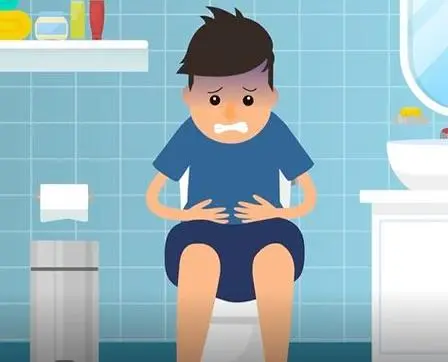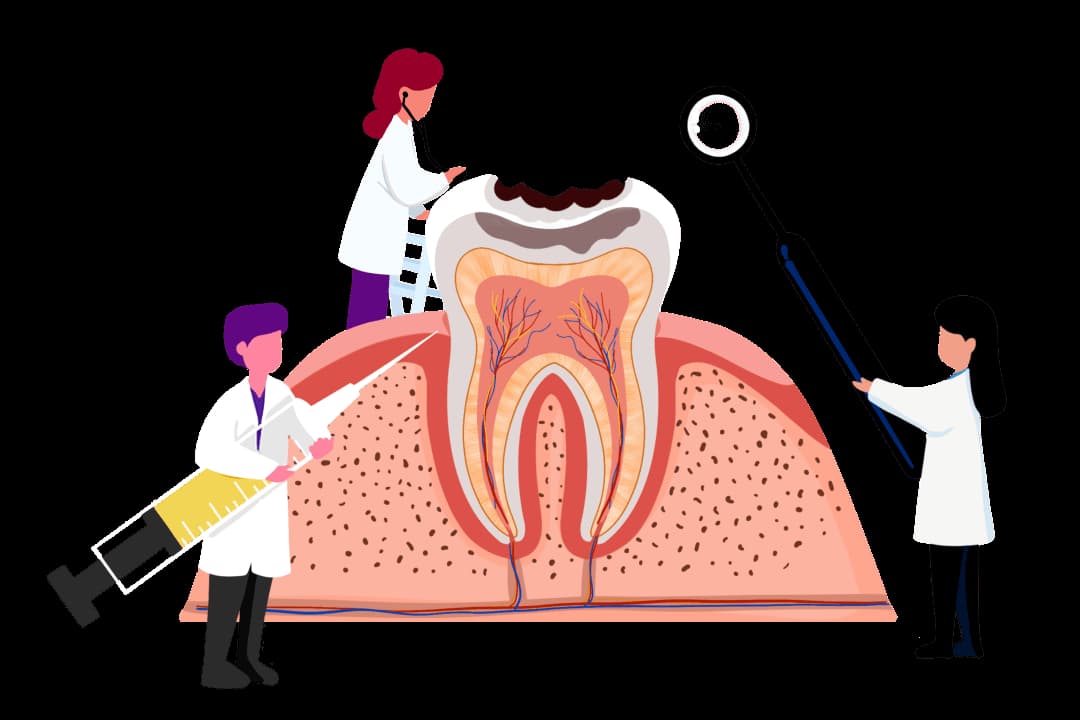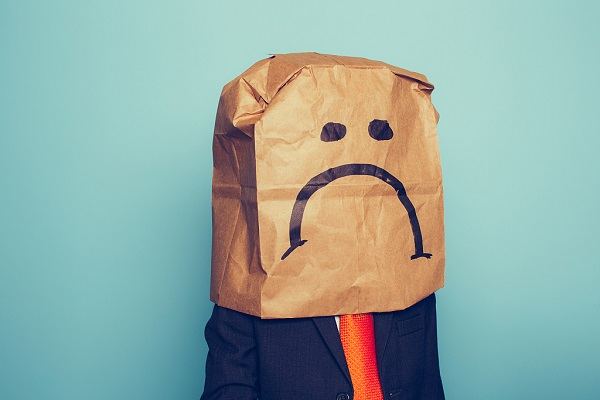Introduction
This article explores the effects of alcohol on the gastrointestinal system, including the potential for gastric and intestinal diseases. It also highlights the importance of proper food pairings and the impact of alcohol on digestive health. Learn about preventative measures, such as controlling alcohol intake and seeking timely treatment for underlying conditions. By following these insights, you can minimize the discomfort of post-alcohol diarrhea and promote optimal digestive well-being.
Frequent Alcohol Consumption: Risks and Prevention
Drinking alcohol regularly is detrimental to one's health, particularly to the gastrointestinal system. Excessive damage to the stomach and intestines can lead to gastrointestinal diseases, with diarrhea being a typical manifestation.
Drinking Tea after Alcohol Consumption
Many people believe that drinking tea after consuming alcohol can sober them up. However, this is not the case. Ethanol, a component of alcohol, is converted into acetic acid in the liver. When mixed with tea, adverse reactions can occur, causing diarrhea.
Improper Food Pairings
When drinking alcohol, it is common to have accompanying dishes, such as seafood, barbecued meats, and smoked or cured foods. Alcohol itself has a cooling effect, and when combined with these stimulating foods, it can lead to diarrhea. Additionally, these foods may sometimes have hygiene issues, which can easily result in gastrointestinal discomfort.
Poor Digestive Health
Modern lifestyles often disrupt our daily routines, leading to various digestive problems. Alcohol enters the body through the gastrointestinal tract, irritating the already vulnerable digestive organs. This can exacerbate existing digestive discomfort and give rise to gastrointestinal diseases, manifesting as disrupted bowel function and diarrhea.
Fatty Liver
Regularly experiencing diarrhea after drinking alcohol should raise concerns about fatty liver disease. As we know, alcohol primarily undergoes metabolism in the liver. Long-term and excessive alcohol consumption can burden the liver, leading to impaired liver cell function.
Fatty liver can reduce bile acid synthesis and disrupt bile secretion. Consequently, the body may struggle to effectively absorb alcohol or high-fat foods, resulting in malabsorption-related diarrhea.
Colitis
Long-term alcohol consumption can irritate the intestinal mucosa, causing inflammation and swelling, known as colitis. Consuming large amounts of beer, for example, which has a cooling effect, can worsen inflammation and lead to diarrhea.
Furthermore, some individuals may be allergic to certain types of beer, which can cause allergic colitis. The allergen in question may be mold produced by beer fermentation, also resulting in diarrhea.
Therefore, if you frequently experience diarrhea after drinking alcohol, it is essential to consider these factors. It is recommended to promptly identify the cause and make necessary adjustments to minimize harm.
3 Simple Tips to Prevent Post-Alcohol Diarrhea
Now that we understand the causes of post-alcohol diarrhea, it is crucial to learn how to prevent it. After all, the discomfort primarily affects ourselves. Here are some practical measures:
Mindful Food Pairings
When drinking alcohol, try to avoid pairing it with raw, spicy, or cold foods. Instead, prioritize warm and light dishes to prevent double stimulation of the intestines from alcohol and food, thereby reducing the risk of diarrhea.
Control Alcohol Intake
This is the most direct and effective method. If various reactions, including diarrhea, are caused by alcohol consumption, the simple solution is to abstain from drinking. However, if drinking is unavoidable, it is crucial to limit alcohol intake.
Timely Treatment of Underlying Conditions
If post-alcohol diarrhea is caused by pathological factors, such as fatty liver or colitis, it is important to seek timely treatment for the underlying condition. By addressing these diseases, the root problem is resolved, and the occurrence of diarrhea can be prevented.
By following these three points, it is believed that you can effectively address the issue of post-alcohol diarrhea. The simplest rule to remember is to stay away from alcohol, or if that is not possible, drink in moderation. Additionally, pay attention to factors such as food pairings to minimize the harm alcohol can cause to the body.




